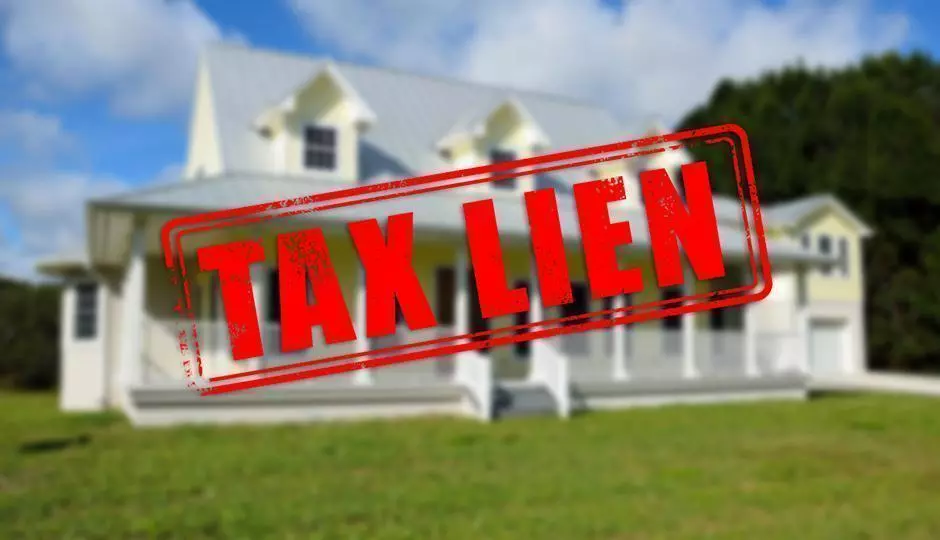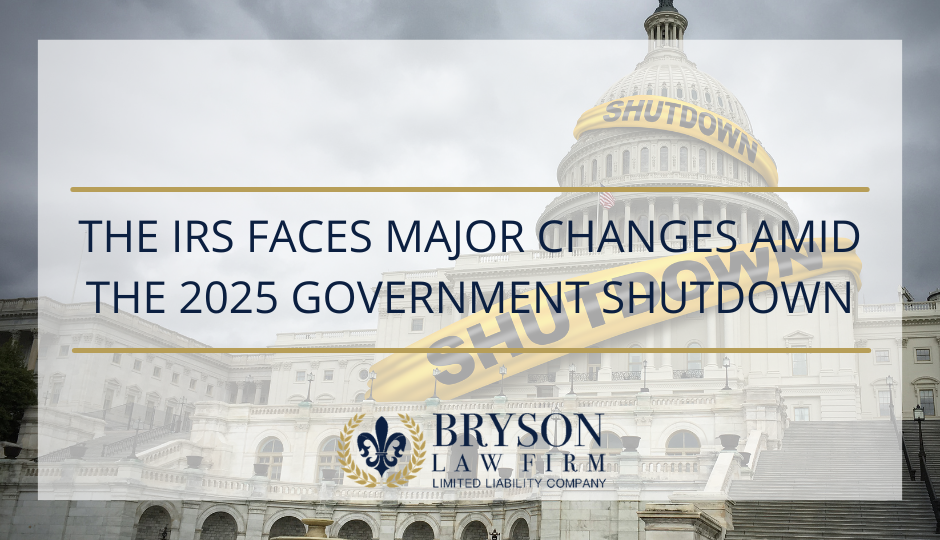
Providing Lien Assistance
Tax liens are serious legal issues, so you need a tax attorney who knows how to deal with the IRS or the state. A lien can severely impact your finances. The IRS or your state (including Louisiana, Texas, Alabama, or others) can place a claim on your home, bank accounts, or even your business, making it difficult to sell property or secure a loan. Because liens don’t disappear on their own, it’s important to work with a law firm that understands how to protect your assets and negotiate effectively. Contact Bryson Law Firm, L.L.C. to set up a free initial consultation. We’re mean on liens.
Lien vs. Levy
Liens and levies are probably the two most devastating actions the IRS or state can take to collect a tax bill. Many people confuse liens and levies, so it’s important to understand the differences. A tax lien is an instrument the IRS uses to stake a legal claim to your assets. It means the agency gets to collect their money on any sale of your assets before you can receive any funds from the sale.
A levy is more severe. It’s the action where the government actually seizes your assets, and if you don’t settle with the IRS by a certain date, the agency just takes your assets and applies the funds to your tax bill. Think of a levy as the IRS bringing down their big hammer, while a lien is a smaller hammer. But a lien can be just as painful to your financial stability.
How Liens Affect Your Assets
Tax liens impact your finances in a number of ways. The tax lien will show on your credit report which can adversely affect your ability to get approved for loans and credit. It can make it more difficult to refinance your home. Sometimes your financial institution may cancel your line of credit. A tax lien can also complicate your ability to sell your home, property, business, or other assets. In addition, a bankruptcy may not wipe out your tax debt or liens, meaning you could still have the tax bill hanging over your head and the liens affecting your assets.
How Does the IRS Place a Lien on Your Assets?
Luckily, an IRS lien doesn’t magically appear on your assets. The agency at least gives you fair warning that they are about to place a lien on your home or other assets. Once the IRS determines how much you owe, they will then send a Notice and Demand for Payment notification to you in the mail.
If you fail to pay your tax bill, the IRS may determine liens are necessary to ensure they can collect funds for your tax bill. At that point, the IRS sends you a Notice of Federal Tax Lien letter to you. This notice publicly informs your creditors that the IRS gets first dibs on the sale of your assets.
How to Get Rid of a Tax Lien
There are a number of strategies we can employ to deal with tax liens on your assets:
Pay in Full
Of course, the easiest way to get your lien released is by paying your tax bill in full. Once your tax debt is paid, the IRS will remove any liens within 30 days. This usually erases any liens from showing up on your credit report, as well.
Discharge
Another option is to request a discharge of property. That means the IRS will remove the lien from a specific asset. For instance, you may be able to get the IRS to agree to release the tax lien on your home if you’re selling it. Why would the IRS do this? Usually it’s because you agree to pay the IRS their share from the sale proceeds.
Subordination
This is when the IRS decides to let other creditors take priority over the agency’s lien. For example, if you’re trying to refinance your home but the bank won’t approve it with a lien on the property, the IRS would subordinate their lien so the refinancing could be completed.
Withdrawal
There are times when we can simply get the IRS to remove the liens on your assets. Of course, this can only happen under certain circumstances, such as entering into an Installment Agreement with the IRS. The agency also considers whether you’ll be able to pay off your tax bill faster with the lien removed.
Dealing with Tax Liens
Each of these options have pros and cons, so it’s important to receive expert advice on your options with an experienced tax attorney. Bryson Law Firm, L.L.C. can review your case and evaluate the best direction we can take to release the tax liens from your assets. If an IRS tax lien is dragging down your finances, call or click to set up a free initial consultation with Bryson Law Firm, L.L.C.























